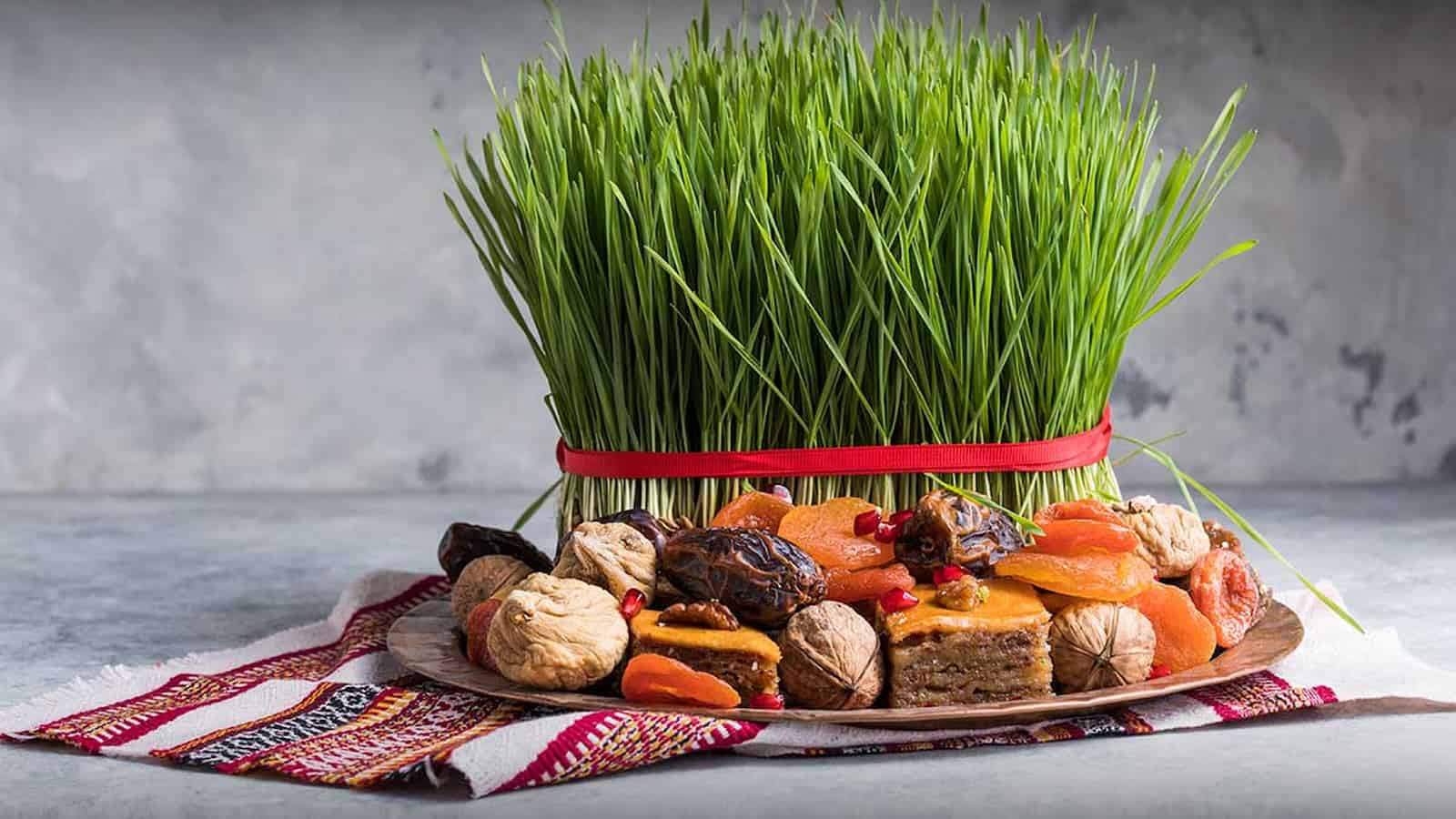Naw-Ruz (Baha’i New Year) 2024: The initial day of the Baháʻí calendar is designated as Baháʻí Naw-Rúz, also known as Naw-Rúz. Naw Ruz, which translates to “New Day” in Persian, is a sacred day for the Baháʼí people. It is scheduled to occur on March 20 of this year. Numerous countries in the Middle East, including Iran, celebrate this day with tremendous jubilation, optimism, and faith. It typically occurs in the last few weeks of March. The Bible does not specify any particular method to celebrate. Bahá community members gather on sacred days to pray, reflect, partake in a meal, and read the relevant scripture.
Naw-Ruz (Baha’i New Year) History
The Bahá��í calendar designates the annual observance of Naw-Rúz as the initiation of a fresh year. In the nineteenth century, Baháʼu’lláh, a Muslim cleric and spiritual leader, founded the Baháʼí new-age religion. Originating in Iran, the religion has since disseminated to the most desolate regions of the Middle East. Baha’i tenets include the renunciation of prejudice, the promotion of unity, the recognition of the relativity of religious truth, the eradication of poverty, the indispensability of individuals, and the equality of men and women.
The Baháʻí people, numbering fewer than eight million visible and active adherents as of 2022, are a minority group that is perpetually subjected to persecution. The days of the Baha’i calendar are divided into nineteen months. The initial days of every month are referred to as Baha, an Arabic word that means “splendor.” Naw-Rĺz, which follows the fasting month of Ala, occurs on the first day of the month of Baha. The Báb referred to Naw-Rúz as “the Day of God” and defined his spiritual voyage as “He whom God shall manifest.”
As the religious founders Báb and Baháʿu’lláh put it, the celebration signifies the passage of time. They conveyed this notion through the use of the spiritual metaphor of transformation, which signified the turn of the year and the reception of fresh blessings in one’s life. The Baháʻí faith observes the Naw-Rúz as an observance of the advent of spring, a milestone that can only be reached through divine manifestations.
Awkward Moments Day 2024 (US): History, FAQs, Dates, and Activities
National Biodiesel Day 2024 (US): Activities and Dates
Evacuation Day in Boston 2024 (US): Activities, History, FAQs, and Dates
Naw-Ruz (Baha’i New Year) 2024 FAQs
What does it mean to be Naw-Rĺz?
Naw-Rĺz, which signifies the resurgence of the natural world, is an event commemorating the advent of spring. The emergent crop serves as an indication that spring has arrived and that the winter season is nearing its conclusion.
What does the notation “nine points” signify?
The nine-pointed star signifies the significance attributed to faith in the disciples within the Baha’i tradition. As the highest single-digit number, it signifies the fulfillment of the responsibilities and perfection of the religions of previous incarnations.
Just why is Naw-Rĺz observed?
According to the Baha’i calendar, the first day of a new year is designated as Naw-Rĺz, which translates to “new day.” The occasion signifies the onset of spring and is observed in numerous Middle Eastern nations.
Naw-Ruz (Baha’i New Year) 2024 Activities
Appreciate spring
Prepare a picnic, dig out your shorts, organize a trek, or dive into a thorough cleaning; spring has arrived! There are numerous reasons to be grateful in March, but spring easily tops the list. Incorporate a can of spritzer and bask in the sun to get into the spirit of Naw-Rz.
Prepare a Persian banquet
Pay homage to the festivity by preparing some renowned Persian entrées in your own kitchen. Nuts, vegetables, and herbs are integral components of Persian cuisine. Vegetable stew, kebabs, jeweled rice, and barbecue chicken may be featured on the menu. It is highly recommended to conclude the evening with a serving of ‘falooda.’
Consult the Scriptures
The teachings of the independent world religion Bahá��í are founded upon the principles of brotherhood, peace, equality, and patience. The faith advocates for gender equality, demands liberation and justice for the oppressed, and abhors all manifestations of sexism, bigotry, and nationalism. During this Naw-Rĺz, increase your knowledge of the Baháʻí faith’s teachings and impart its values to those around you.
NAW-RUZ (BAHA’I NEW YEAR) DATES
| Year | Date | Day |
|---|---|---|
| 2024 | March 20 | Wednesday |
| 2025 | March 20 | Thursday |
| 2026 | March 21 | Saturday |


















